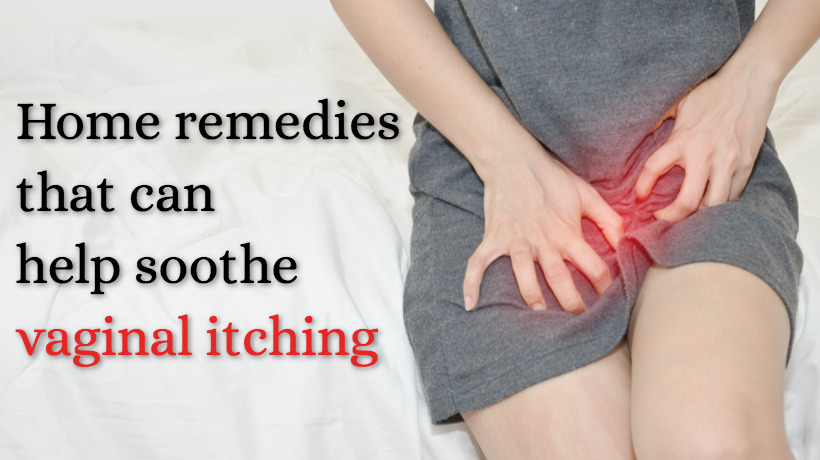There can be many underlying reasons as to why you may be experiencing vaginal itching. Maybe you recently tried a new scented body wash that may have triggered an allergic reaction, or it could be a result of an infection like bacterial vaginosis. Regardless, understanding the reason you are experiencing vaginal itching can narrow down your treatment methods.
Reaching out to your doctor is always crucial, especially when it comes to determining what could be the cause. Gaining a professional perspective is essential before trying any natural home remedies to ease the itching.
If you are experiencing a yeast infection, this vaginal infection is perhaps the easiest to treat at home, and it one of the most common vaginal issues. According to the U.S. Department of Health and Human Services, around 75% of all women will have at least one yeast infection during their lives. It occurs when there is a natural overgrowth of yeast in the vagina, leading to burning, itching, and abnormal discharge. After receiving confirmation from your doctor, you can try treating your yeast infection with these tips:
Eating yogurt.
Yogurt naturally contains many probiotics, which can help when there is a bacterial imbalance in the body, particularly in the vagina. The absence of bacteria can lead to an overgrowth of yeast. When eating yogurt, the gut microbiome found in yogurt can help reduce the amount of yeast in the body. However, it is important to be mindful of the kind of yogurt you are buying, as yogurts high in sugar can help feed into yeast. Try opting for a greek yogurt, which is relatively low in sugar.
Applying boric acid.
With chemical irritations, it is important to take note of what products or methods can be irritating your vagina. The vagina itself is very sensitive, and even products marketed for vaginal health can pose as irritants. Irritants can include detergents, body washes, feminine sprays, douches, and baths or bath salts. Immediately stopping any consumption of these irritants is the first step in treatment, so that the vagina can begin to heal.
Boric acid suppositories have been shown to be effective in one small study in treating recurrent yeast infections. While there is not much data to support using boric acid, it is only recommended to be applied as a topical solution. Still, it is recommended to always ask your doctor before using any type of new product.
Switch to cotton underwear.
Most times, the vagina stays irritated because it is not given the time to breathe. Try switching to cotton underwear, as it is the most breathable fabric and it can help when trying to alleviate discomfort.
Take an oatmeal bath.
This may sound strange, but taking a colloidal oatmeal bath is one of the best ways to healthily treat your vagina. It comes in the form of a powder, and when mixed with water, it can turn into a soothing soak solution. Oatmeal actually contains compounds that can treat inflammation and irritation.
Bacterial vaginosis is a common form of bacterial infection when there is an imbalance of bacteria in the vagina. As with all vaginas, there must be a certain level of bacteria present in the vagina to help with everyday regulations, so when there is an overgrowth of bad bacteria, it can cause itching and even pain. Doctors will often prescribe medical treatment for BV, however, there are some remedies that can help treat any irritation. Treatments are similar to that of a yeast infection, such as eating yogurt and taking probiotic supplements. It is still equally as important to consult your doctor before trying any of these remedies.
Use a raw honey ointment.
Applying a raw honey ointment has been linked to fighting bacterial imbalance, and with its natural properties, it can also help fight against vaginal itching and BV.
Eat garlic tablets.
Another plant useful in treating bacterial imbalance is garlic. Garlic tablets are typically used to help fight off oxidative stress or damage in the body, namely because of its antibacterial properties.
Bathe in baking soda or colloidal oatmeal.
Soaking in warm baking soda or oatmeal can help reduce inflammation or itching. Only a little needs to be mixed in with water, however, if you are dealing with any open cuts or sores, it is best to avoid using any baking soda near these open wounds.
While these remedies can be useful in soothing the itching, they are not entirely guaranteed to alleviate any conditions. Everyone can react differently to certain treatments, so these remedies should not substitute your doctor’s advice or prescriptions. If any remedies lead to further irritation or pain, it is important to contact your doctor and to stop treatment immediately.



